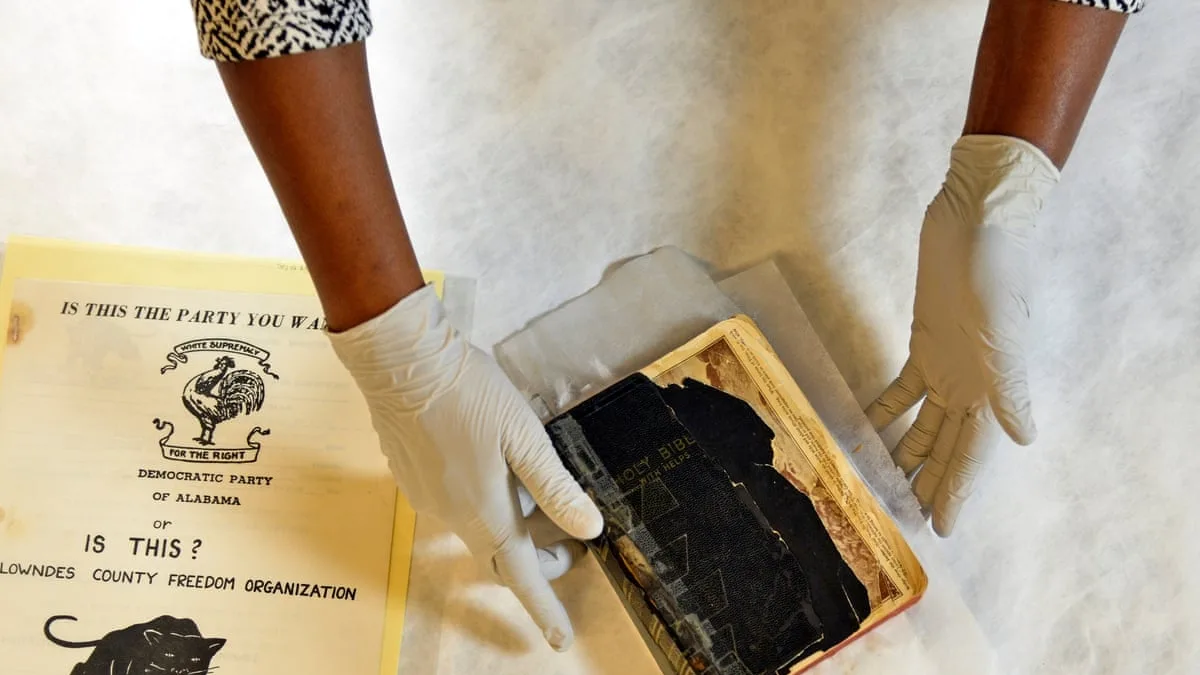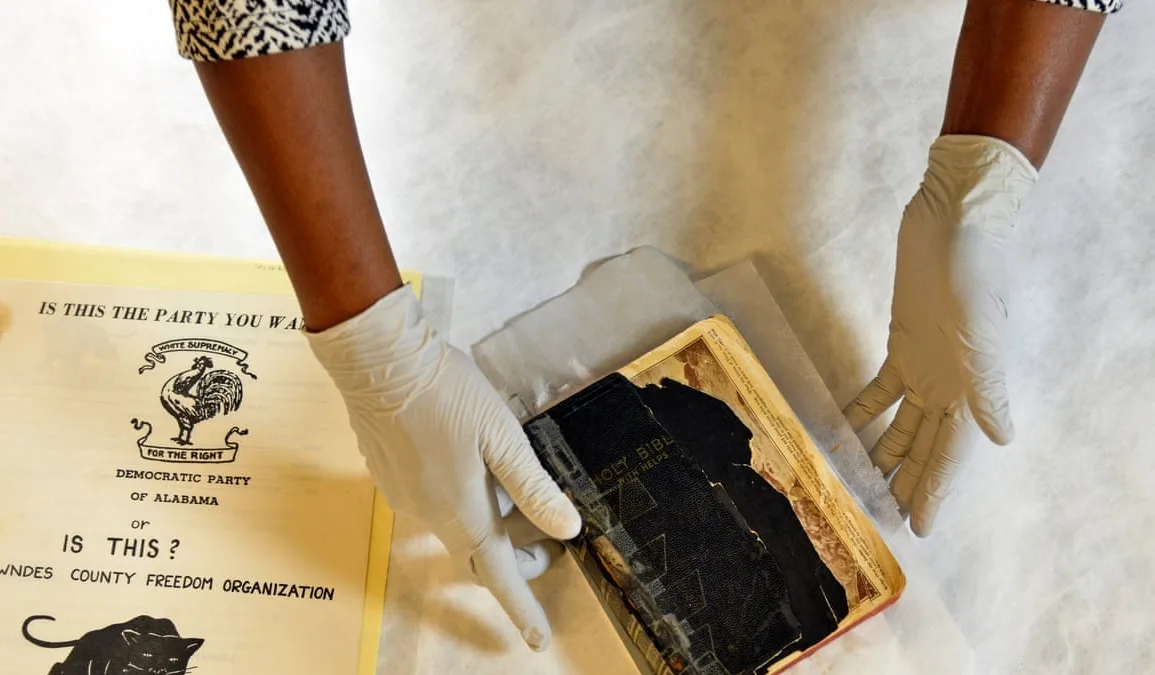Bans on Critical Race Theory and the Unearthing of Historical Archives Shape US Reparations Debate

There is a tectonic shift in the United States’ education sector. Eighteen states have enacted bans on critical race theory (CRT), an academic framework that scrutinizes the entrenched nature of systemic racism in American society. Ten more states are contemplating similar prohibitions. These bans reshape the teaching of American history in schools, placing the spotlight on archival documents that offer a glimpse into the nation’s past.
Historical Archives in the Limelight
Notably, digital influencers on TikTok have disrupted valuable historical records at Howard University, underscoring the urgency to safeguard such documents for academic purposes. Meanwhile, in Georgia, a probate judge, Kenya Johnson, unearthed archival documents from the 1840s. These papers, detailed records of estate plans, marriage licenses, and wills, laid bare the nonchalant manner in which enslaved people were treated as property.
Archives and the Reparations Debate
The uncovered documents have been cited as potential tools for enlightening conversations on reparations for systemic racial disparities. Scholars, including Nafeesa Muhammad from Spelman College, argue that these records could be instrumental in reparations initiatives and in understanding Georgia’s complicated history.
In 2021, Fulton County established the first county-level reparations taskforce in the country. The task force recently released a report to kickstart studies for reparations for the descendants of enslaved individuals and those who suffered under Jim Crow laws. The discovered documents are deemed invaluable for comprehending the impact of slavery and its lingering legacy.
CRT Ban and Its Implications
The ban on CRT is a hot topic, with states like Texas and Utah passing legislation to overhaul diversity, equity, and inclusion programs. This movement is seen by some as an attempt to eliminate social justice education from American schools. Supporters of the ban argue that it ensures equal treatment for all students and aims to end intolerance and discrimination.
The ongoing movement against CRT, the discovery of historical documents, and the ensuing debate on reparations together form a complex tapestry of America’s struggle with its past and its impact on the present.


